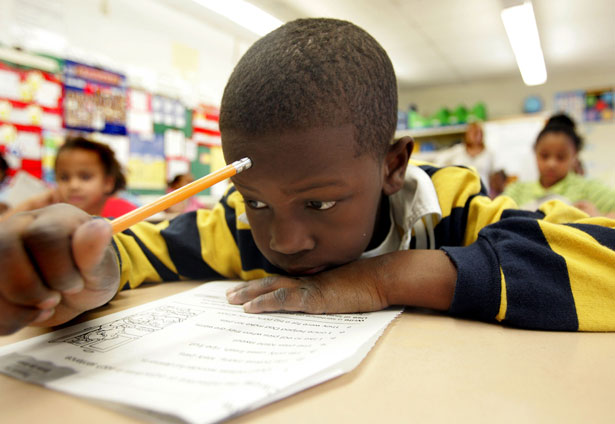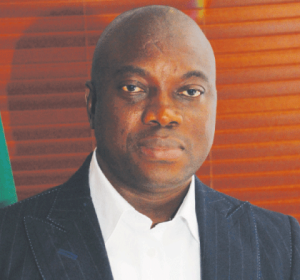No fewer than 6,159 public primary school pupils dropped out of school in Enugu State between 2013 and 2014, the states’ Annual School Census Report revealed on Friday.
The report, made available to the News Agency of Nigeria (NAN) by the Commissioner for Education, Prof. Chris Okoro in Enugu,indicated that 3,003 of the pupils were boys, while 3,156 were girls.
According to the report, 4,439 students also dropped out of public secondary schools from the 17 Local Government Areas of the state within the period under review.
It said that 187,495 pupils were enrolled into different public primary schools, while 148,191 pupils were admitted into the private primary schools between 2013 and 2014 in the state.
It noted that 177,375 students had been enrolled into the public secondary schools and 98,767 in private secondary schools in the state within the period.
The report said that no fewer than 1,161 special needs children, representing one per cent of the population were also enrolled into public primary schools, while 257 students were at the secondary school level.
On facilities in schools, the report recorded a total of 7,015 classrooms in public primary schools, while 4,167 were constructed for secondary schools.
“Out of the number of classrooms in primary schools, 56 per cent are usable and 57 per cent are also usable in secondary schools,’’ it said.
On water and sanitation, only three per cent of primary schools in the state had access to pipe borne water, while 87.4 per cent had none.
It observed that only 4.2 per cent of secondary schools had access to pipe borne water and 83.3 per cent had no access.
It said that 64.6 per cent of public primary schools had no toilet facilities, 35.4 per cent of schools had at least one toilet, while 51.6 per cent of secondary schools had none at all.
“Pupil to toilet ratio at the primary level is 152 pupils to one toilet, while the ratio is 155 students to one toilet at the public secondary school level,’’ the report said.
Reacting to the report, the Commissioner for Education, told NAN that with the spread of Ebola virus disease in the country, many alternatives for pipe water was provided by the government.
“The report on water and sanitation will improve this year because we provided wash-hand buckets with taps for our pupils and students in our secondary schools to improve the hygiene,’’ Okoro said.
Okoro, however, adjudged the report which was the fifth annual school census production in the state as credible.
“This edition of the report has greatly improved, especially in the area of data collection at public secondary and private schools,’’ he said














